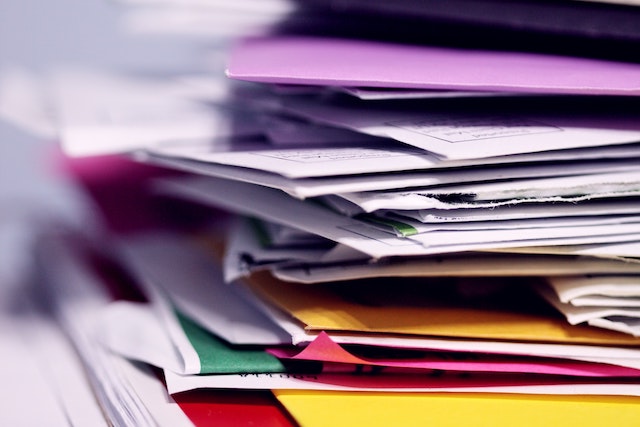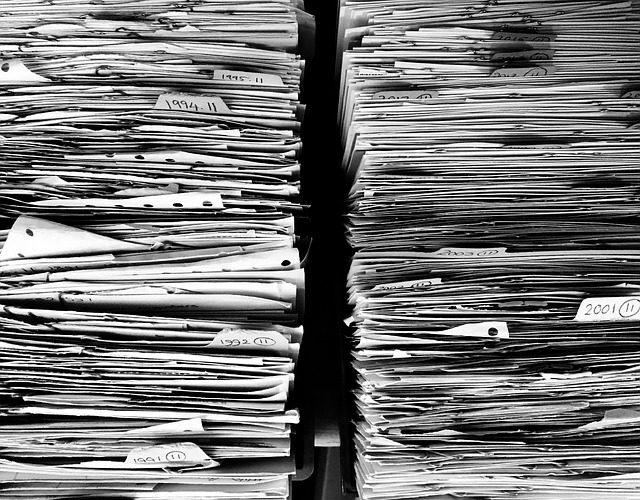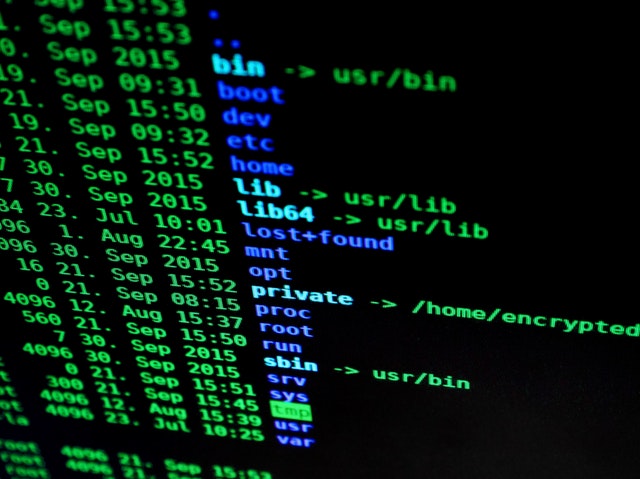
Paper Overload? What to File, What to Digitize, and What to Shred or Recycle
Paper. It’s one of the things we just can’t live without, though most of us try to minimize our use of it, and recycle or shred what we can. The

Paper. It’s one of the things we just can’t live without, though most of us try to minimize our use of it, and recycle or shred what we can. The

Do you have a Last Will and Testament? Excellent! It is an essential part of your estate plan, and will make things clearer and easier for those you leave behind.

There are many things we should all check periodically, but this article will focus on the three biggies you should definitely check on an annual basis.

Remember when we used film in our cameras? (Kids now: “How retro!”) We had a finite number of photos to take: 24 or 36. There was work to be done

Even though we are in the Digital Age, paper remains a constant in our lives. While junk emails have replaced junk snail mail (trees happy, inboxes…not so much), one of

The deadline to file your 2023 taxes is midnight on Monday, April 15, 2024. That date will be here faster than you think. Don’t hold off any longer—the time to

Even with many day-to-day tasks moving online, there will still–and always be–paper. The average American receives almost 50,000 pieces of mail in their lifetime, and 30% of it is junk.

Personal information security is a hot topic these days. Between news of identity theft, mass data breaches and social media personal data security, the subject is front and center in

Data breach. Customer information stolen. Identity theft. Those words regularly appear in the news, making you, the consumer, angry. You wonder why companies can’t seem to figure it out–either stop

A while back, my friend refinanced her house and then she froze her credit. We had been discussing identity theft when she told me about this. I’d never heard of